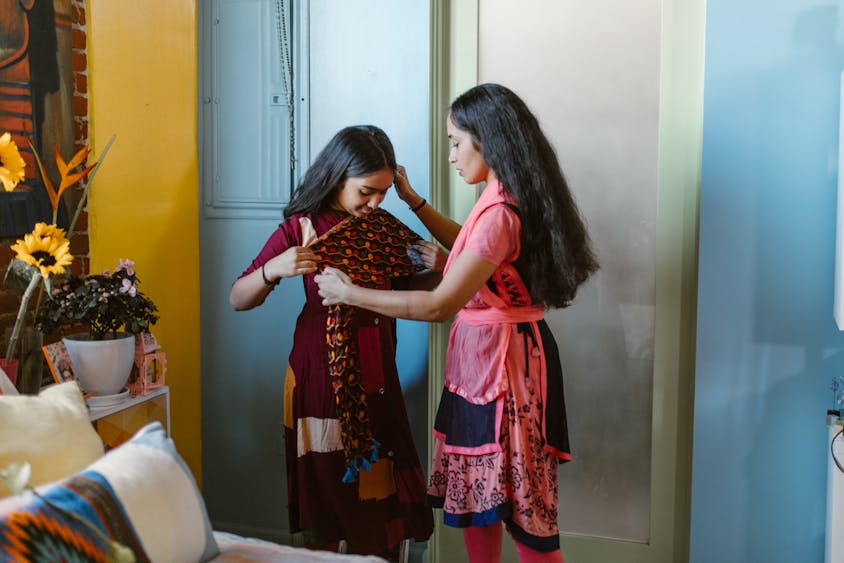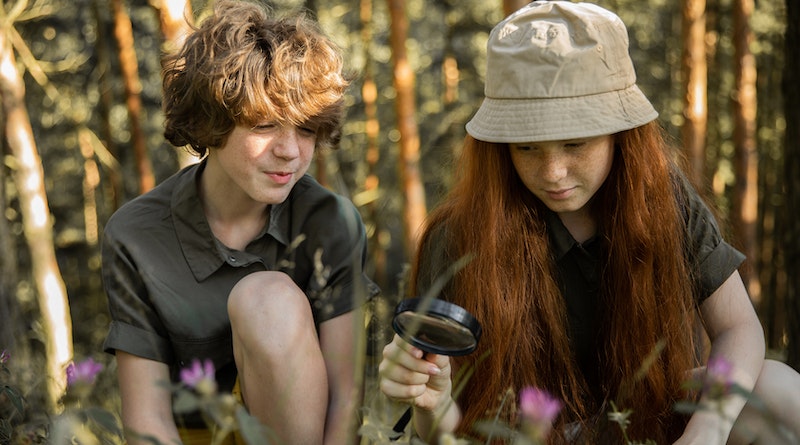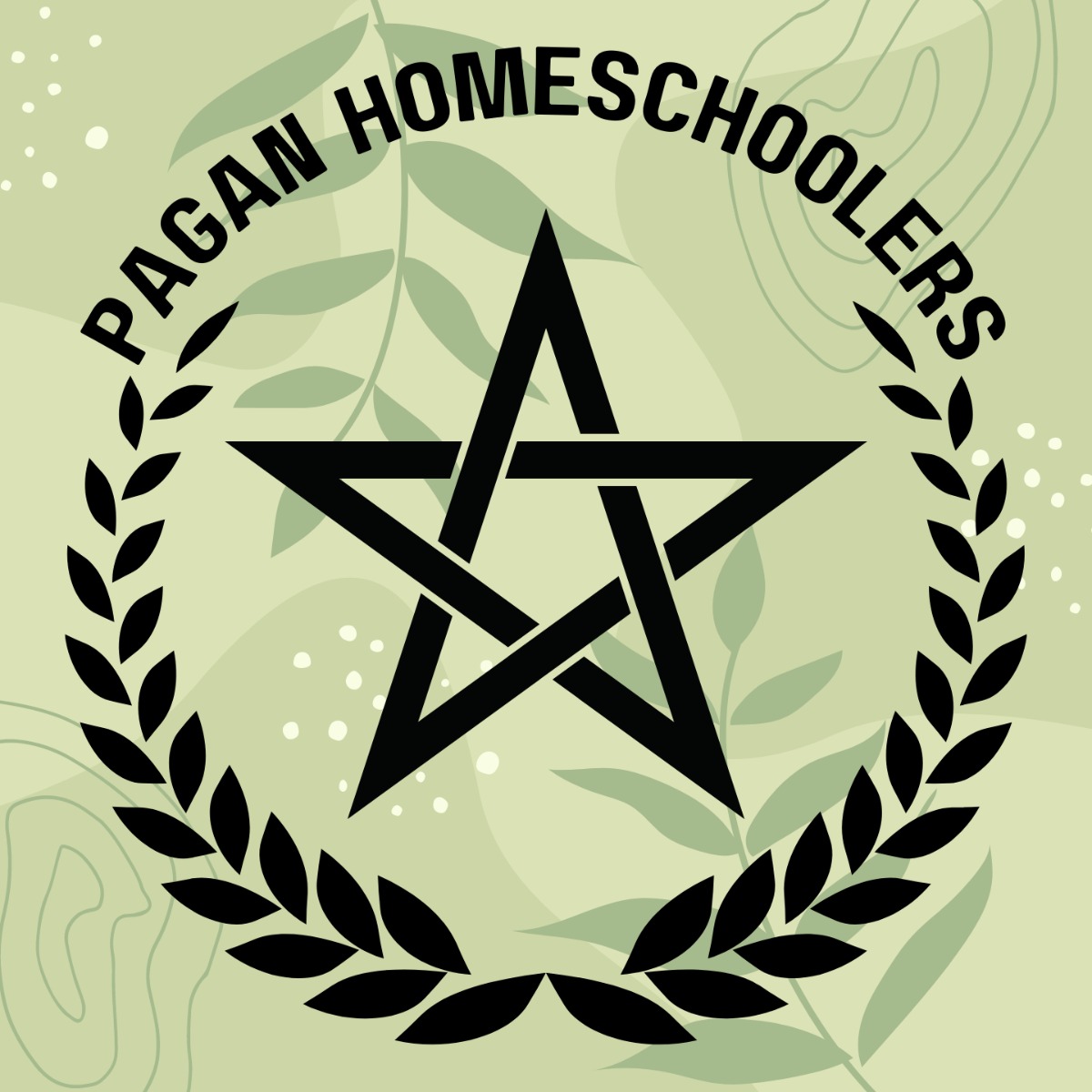Pagan Homeschooling in Different Cultures
Exploring Pagan Homeschooling Across Cultures
Pagan homeschooling is as diverse and rich as the Earth itself, embodying a wide array of traditions, practices, and beliefs that span across the globe. From the lush forests of Scandinavia to the mystical landscapes of Africa, pagan families are creating unique educational experiences that honor their ancestral roots and the natural world. This blog post aims to shed light on how pagan homeschooling across cultures may look in various contexts, celebrating the vibrant diversity within the pagan community.
Northern Europe: Following the Old Norse Paths
In the frost-kissed lands of Scandinavia, pagan homeschooling often draws inspiration from Norse mythology and the Viking age. Families might start their day with a reading from the “Eddas,” exploring the tales of Odin, Thor, and Freyja, and discussing the virtues of courage, hospitality, and respect for nature. Outdoor excursions into the forests and fjords become lessons in survival skills and environmental stewardship, connecting children with the spirits of the land that the Vikings revered.
British Isles: Druidic Traditions and Celtic Mysticism
Across the British Isles, where the druids once roamed, pagan homeschooling can immerse children in the rich tapestry of Celtic mythology and druidic practices. Lessons may include learning the Ogham tree alphabet, celebrating the wheel of the year with seasonal festivals, and exploring local ley lines and sacred sites. Storytelling plays a crucial role, with tales of Arthurian legends, faeries, and shape-shifting gods sparking imaginations and instilling a deep respect for the magic of the natural world.
North America: Indigenous Wisdom and Earth-Centered Spirituality
In North America, pagan homeschooling can beautifully intertwine with Indigenous wisdom, teaching children to live in harmony with the Earth and all its creatures. Families might engage in practices such as animal totem studies, plant medicine walks, and the creation of nature altars. Learning from Native American stories and traditions, children develop an understanding of the interconnectedness of life and the importance of community and gratitude.
West Africa: Ancestral Veneration and Natural Magic
West African pagan traditions, rich with the practice of ancestral veneration and a deep connection to the Earth, offer a profound perspective on homeschooling. Lessons might include learning about the Orishas, the deities of the Yoruba religion, and their stories. Children can engage in practices such as creating offerings for ancestors, drumming circles, and learning the medicinal uses of local plants, fostering a strong sense of identity and belonging.
Australia and Oceania: Dreamtime Stories and Aboriginal Lore
In Australia and the Pacific Islands, pagan homeschooling can delve into the Dreamtime stories and Aboriginal lore, teaching children about the creation of the world and the moral laws that govern it. Families might explore the significance of totem animals, the spiritual importance of landmarks, and the art of storytelling. This approach instills a reverence for the Earth as a living, breathing entity and emphasizes the value of kinship and custodianship.
Embracing Diversity Within Pagan Homeschooling
These examples merely scratch the surface of the vast spectrum of pagan homeschooling practices around the world. Each family’s approach is as unique as their heritage, shaped by the landscapes they dwell in and the gods they honor. By embracing this diversity, pagan homeschoolers are not only providing their children with a rich, immersive education but are also fostering a global community of mutual respect, understanding, and love for the Earth.
In celebrating the varied traditions of pagan homeschooling, we acknowledge the beautiful tapestry of beliefs and practices that connect us all to the divine tapestry of life. It’s a reminder that, in our diversity, we find strength, beauty, and an endless wellspring of wisdom to guide the next generation of Earth stewards, healers, and guardians.
For those interested in exploring pagan homeschooling further, numerous resources are available online and in print that delve into the specific traditions, practices, and educational philosophies within the pagan community. Engaging with local pagan communities and attending festivals can also provide valuable insights and support for those on this path.






